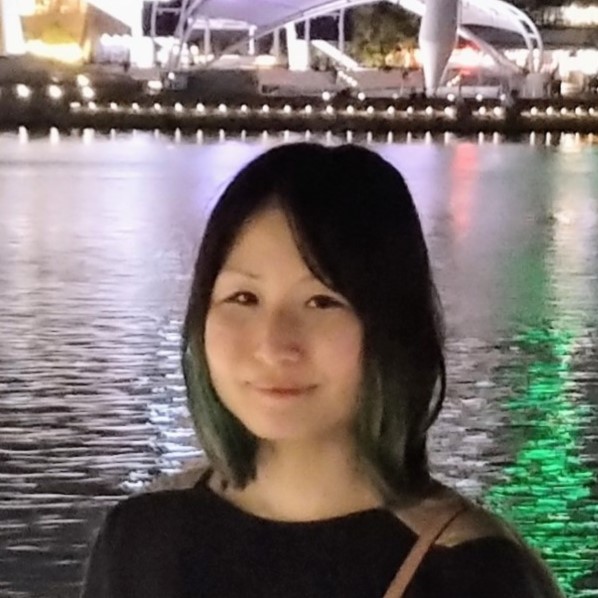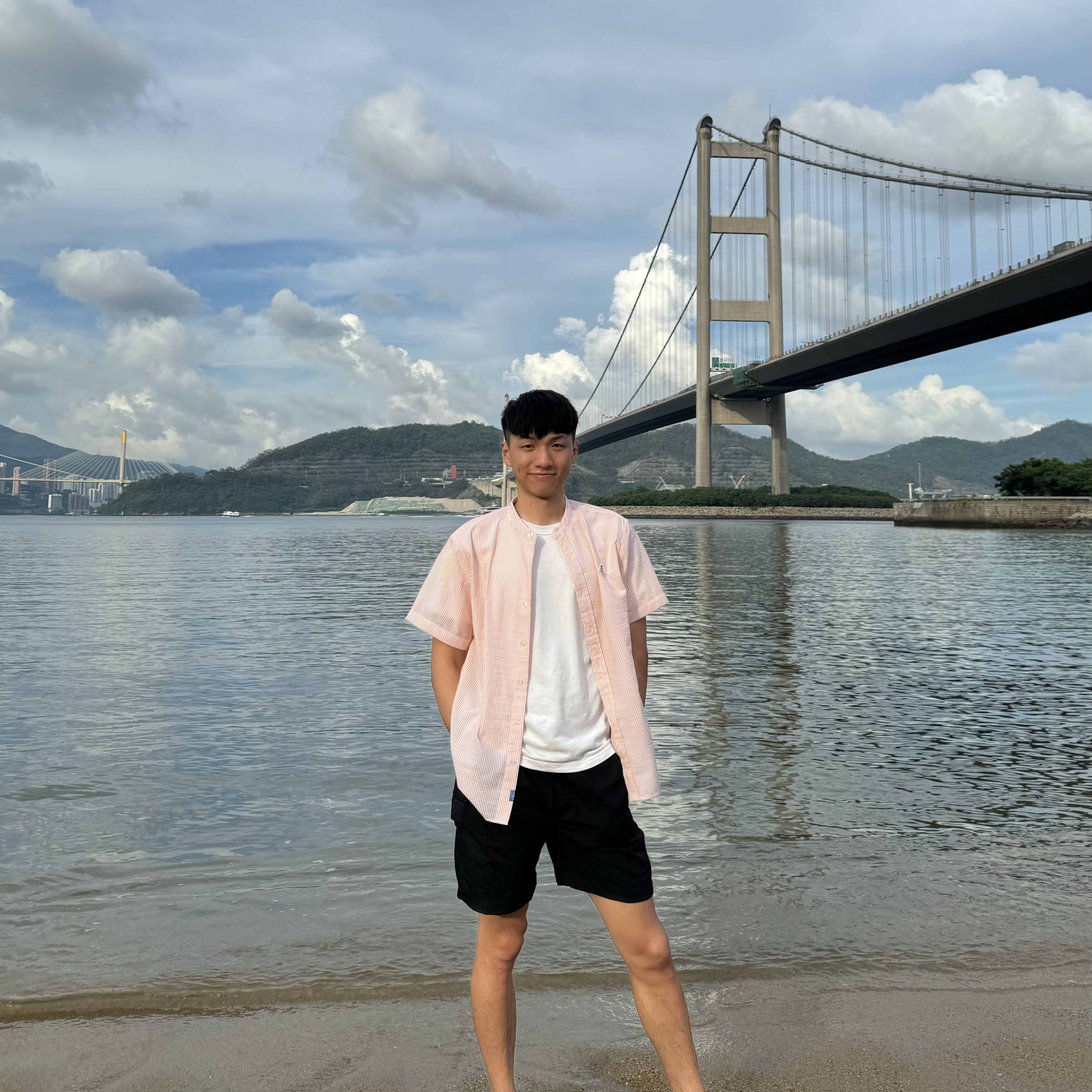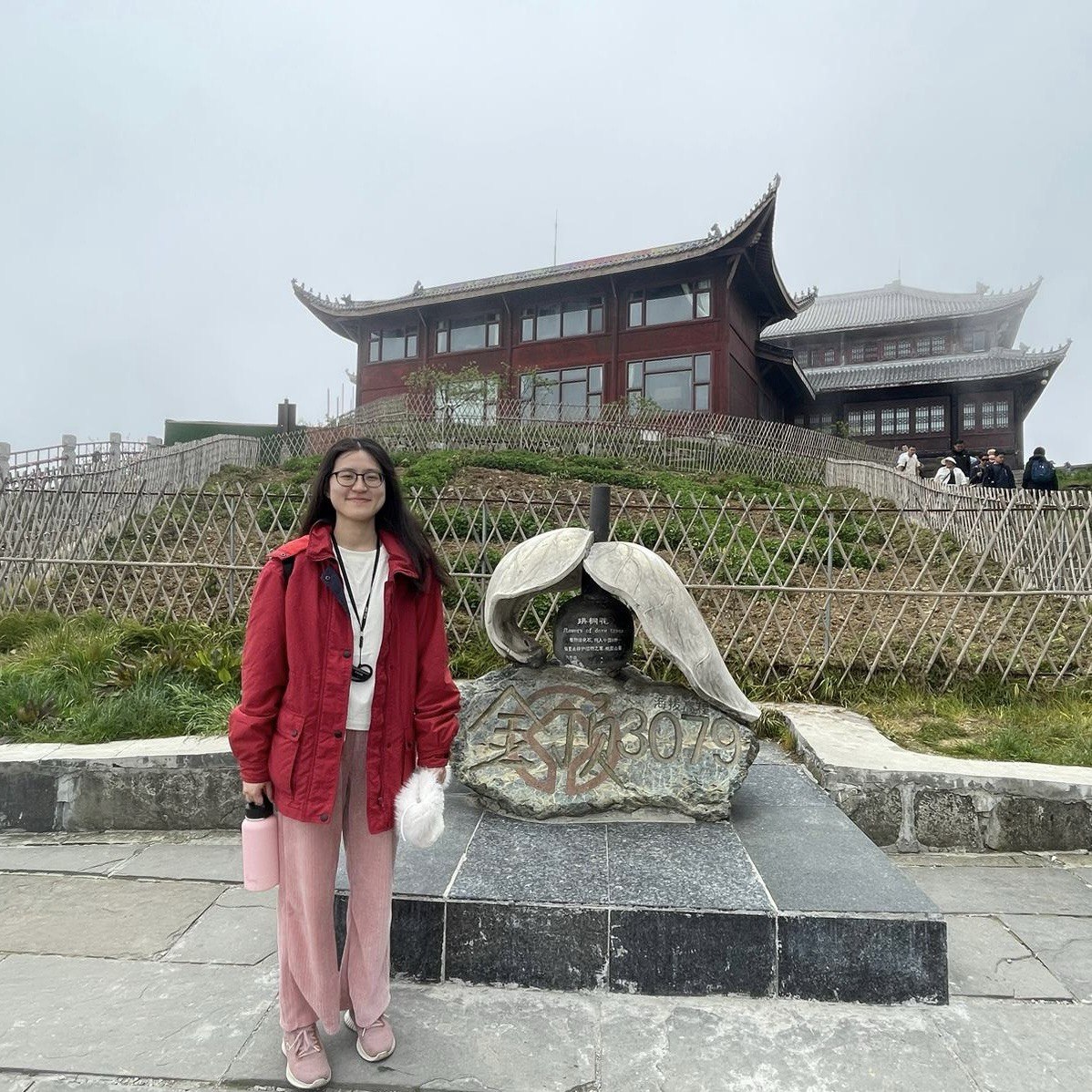Aine Ito
伊藤愛音
Bilingualism and Language Processing Lab
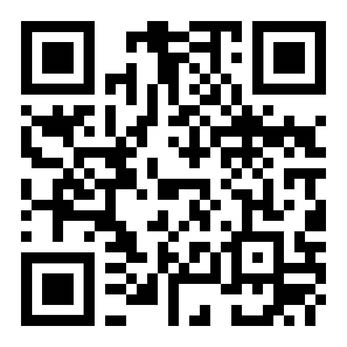
Lab meeting: We have a weekly lab meeting in the graduate reading room (AS5-05-09) during semester time. If you are interested in attending, please subscribe to the psycholing mailing list here to receive announcements about upcoming meetings.
Research participation: If you are interested in taking part in on-going studies at NUS, you can sign up via our Language Science at NUS website.
Research talks: If you are interested in psycholinguistic talks/workshops, please check out the Virtual Psycholinguistics Forum.
Lab members
PI
PhD students
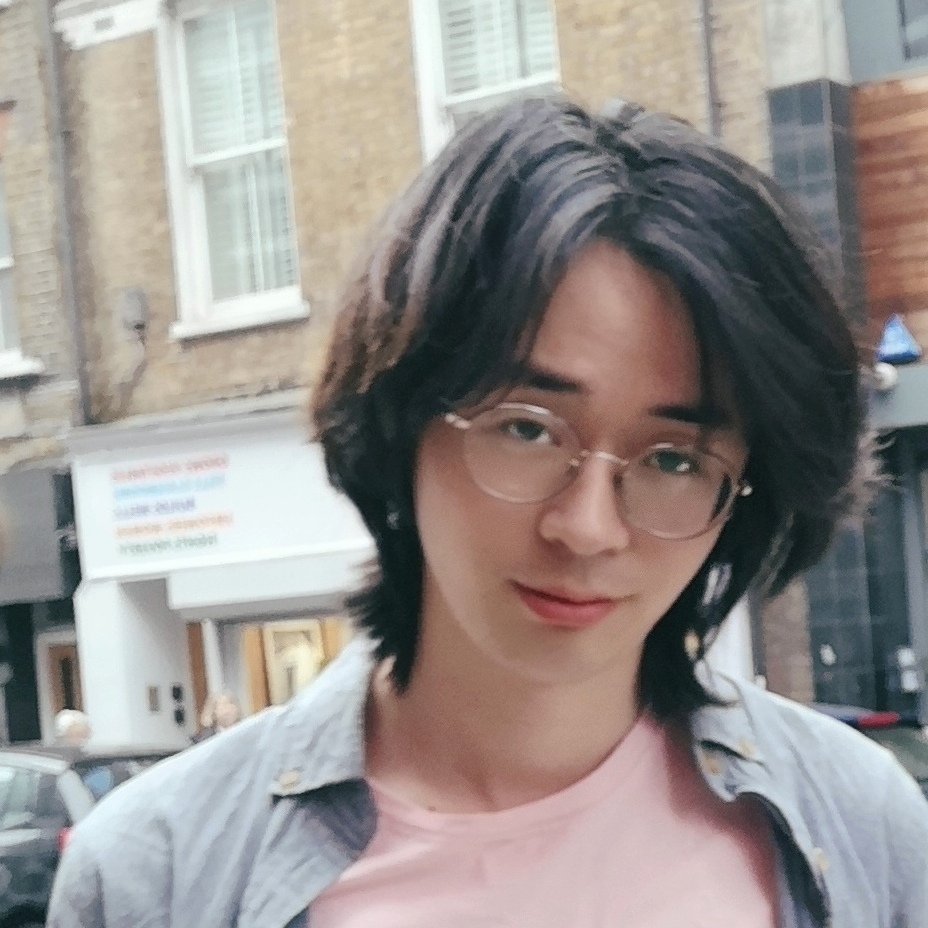
|
Mingyuan YANG
Hi, I’m currently a PhD student in Aine Ito’s lab. My research interests focus on the language process of bilinguals, in particular the interaction of L1 and L2, and varied linguistic representations of different language groups. You could contact me by email: e1148822@u.nus.edu |
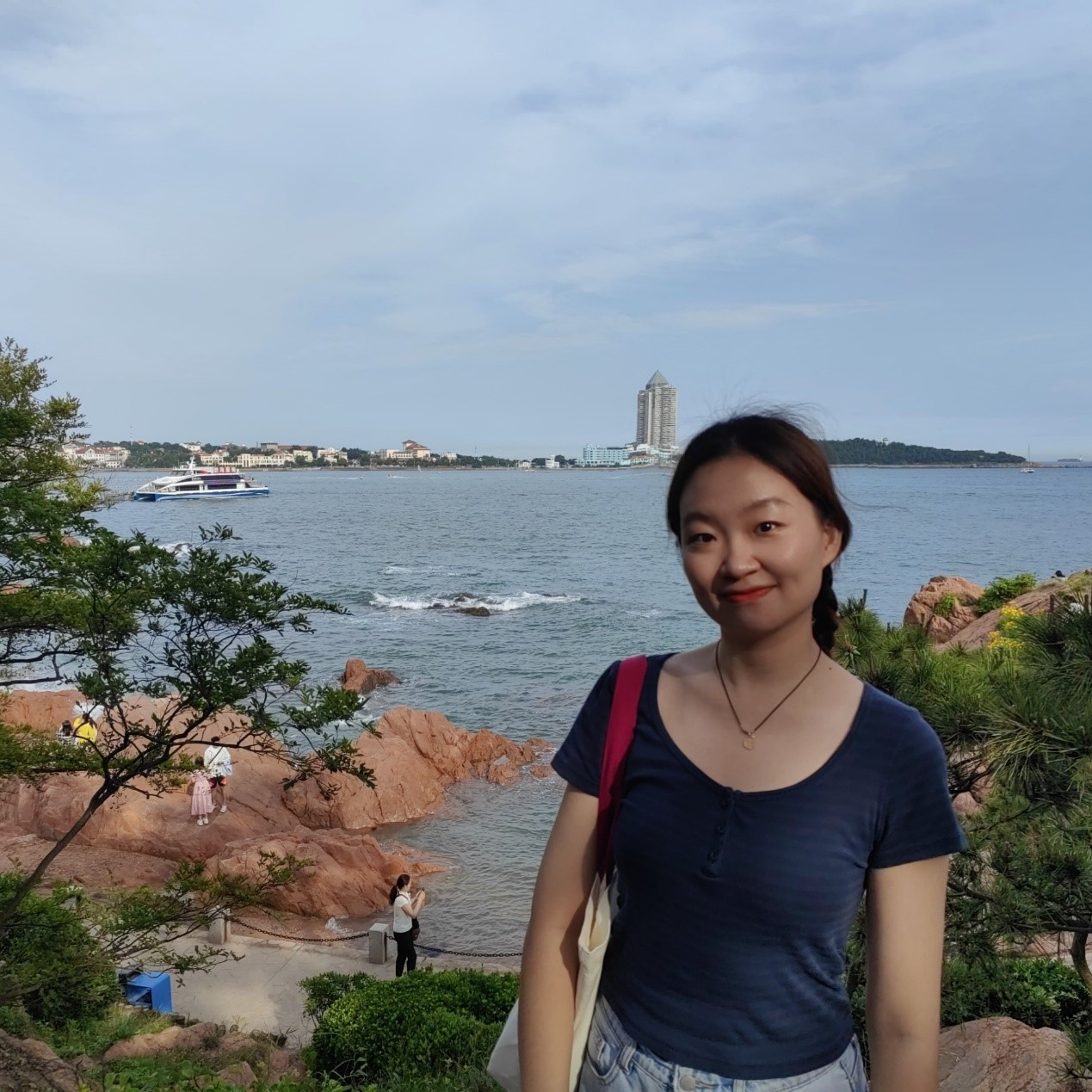
|
Danning SUN
I am currently a Ph.D. student in English Language and Linguistics at NUS and a member of Dr. Aine Ito’s lab. My research interests center around implicit (language) learning, specifically investigating the occurrence of (linguistics) adaptation through prediction error when faced with unexpected predictions. I aim to examine how L2 English learners, with diverse L1 backgrounds, predict and revise their predictions during non-native sentence processing. Utilizing eye-tracking measurement, I hope to make a valuable contribution to SLA and gain new insights into the question of whether prediction is an essential mechanism in (language) learning or not. |

|
Daiwen GONG
I am currently a doctoral student at NUS, working with Professor Aine Ito. My research interests lie in facilitating the real-time processing of the non-native language and discovering its intricate relationship with the native language. Additionally, by utilizing behavioral measures like eye-tracking, I am keen on exploring what can be revealed by the language we speak, especially the errors we make and the difficulties we encounter. Pronouns: she/her, Email: e1148827@u.nus.edu |
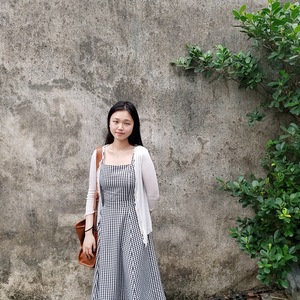
|
Hao ZENG
I am currently a student in the ELL PhD program, working with Aine Ito in the Bilingualism and Language Processing Lab. My research focuses on prediction and cross-linguistic activation in language comprehension via online and offline measures, such as reaction time and eye-tracking. Besides, I find the gap in psychological processes of language comprehension between L1 and L2 speakers meaningful, as it implies how to facilitate L2 language processing. |

|
Steve PAQUIN
For a decade, Steve Paquin has been teaching children, both native English and second-language speakers, to read English using phonics.
He has taught at private primary schools and language centers in Las Vegas, Nevada; Koreatown, L.A., California; Hanoi, Vietnam; and Vancouver, British Columbia.
He is joining the National University of Singapore to earn a PhD. in English Language Linguistics. |
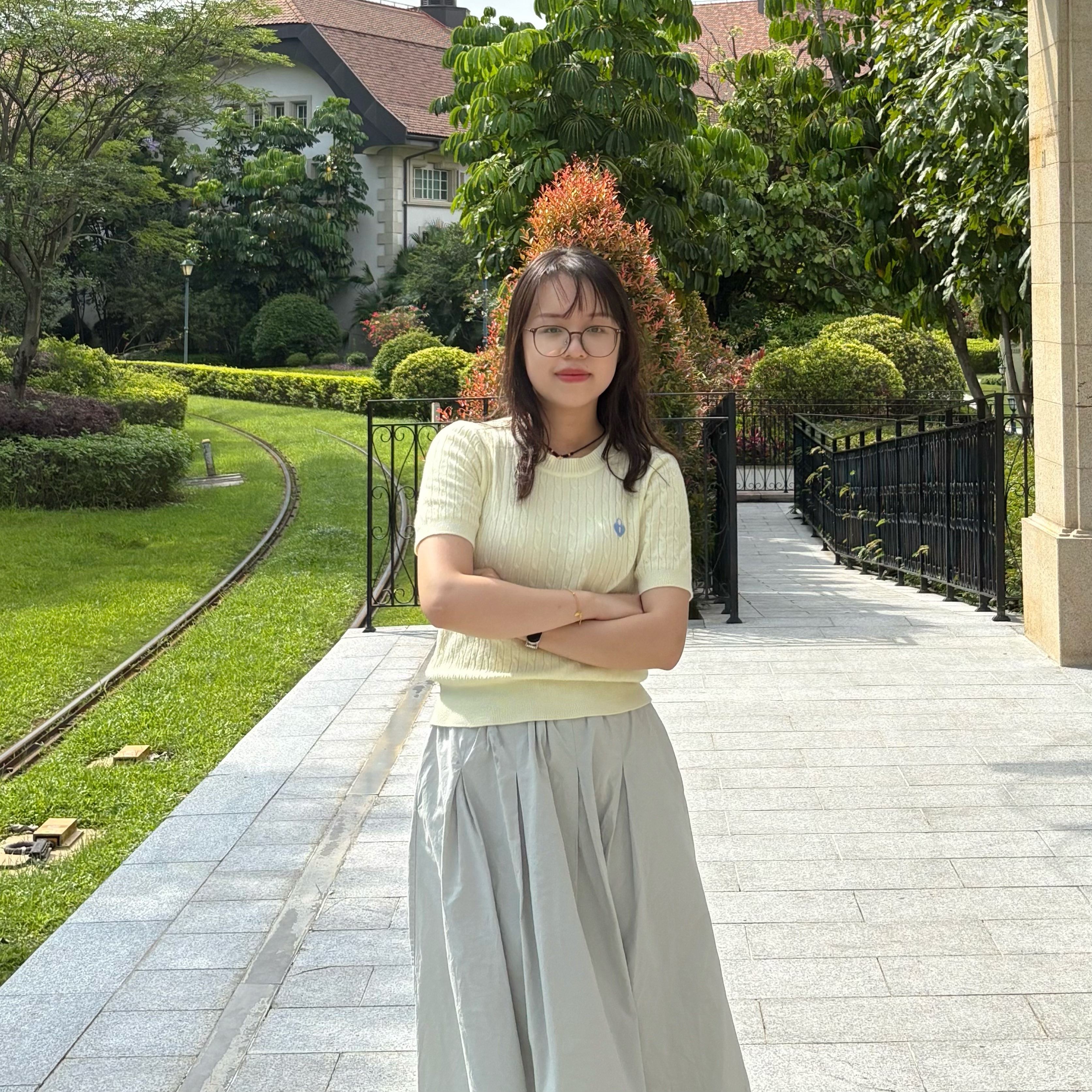
|
Ying QU
I am a visiting Ph.D. student working with Aine Ito in the Bilingualism and Language Processing Lab. My research interests mainly focus on sentence processing, specifically investigating the mental representation of Chinese construction among native speakers and L2 learners. I aim to examine the sentence structure of Chinese VNN (verb-noun-noun) construction and how language proficiency influence such sentence processing. Using structural priming paradigm, I hope to provide more empirical evidence for Chinese special construction and explore the indivisual differences during Chinese sentence processing. |
MA students
Former members
